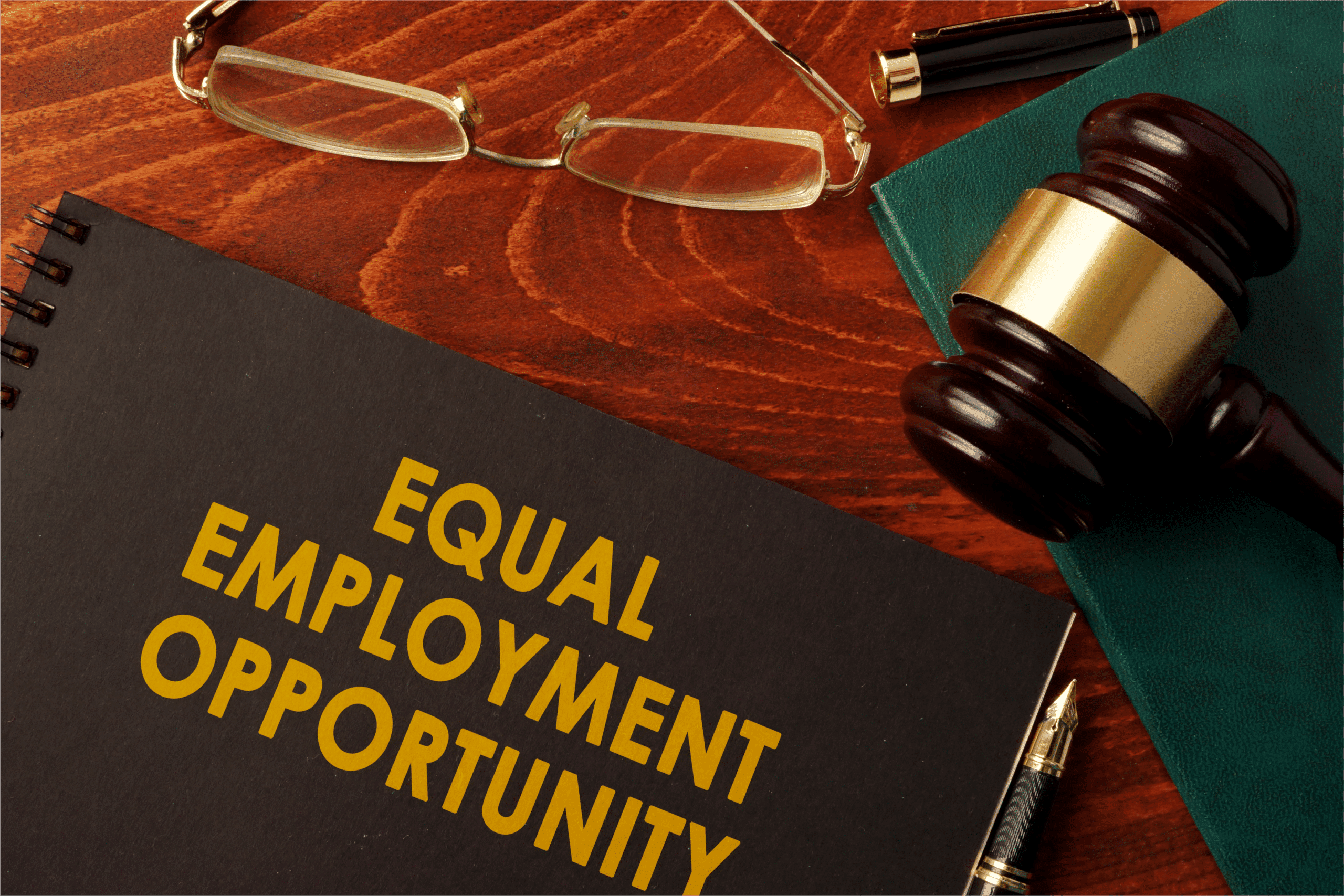With the continuous advancement of artificial intelligence (“AI”) and its transformative effects on various industries, it is also becoming increasingly influential in employment law. In workplaces, AI systems are utilized more and more to streamline operations, automate tasks, and enhance efficiency, yet they concurrently give rise to numerous legal and ethical questions that must be addressed.
Artificial Intelligence has had a significant impact on employment law in various ways, and these impacts are likely to continue evolving as AI technology advances. How can employees adapt to the emergence of a new digital age without sacrificing their right to a safe and discrimination-free workplace? Today’s blog will explore the possible consequences of AI’s influence on the labour force and pinpoint potential breaches of employment laws, enabling employees to exercise their rights accordingly.
Discrimination and Bias
AI algorithms used in hiring processes and workforce management can inadvertently perpetuate bias and discrimination. AI systems, when trained on biased data, can result in discriminatory outcomes, including disfavouring certain candidates based on race, gender, or other protected characteristics. If you feel that you have experienced discrimination based on any of the protected characteristics, speak to an employment lawyer right away to understand your rights.
Fair Hiring Practices
AI-driven recruitment tools and algorithms have raised questions about fairness in hiring practices. AI is said to reduce or eliminate human bias in screening and evaluating applicants. However, as AI systems typically rely on pre-existing data and procedures, some contend that the use of AI for these purposes may perpetuate any existing discriminatory practices.
Privacy Concerns and Data Protection
AI applications in employee monitoring and data analytics can raise privacy concerns. A balance between collecting data for legitimate business purposes and respecting employees’ privacy rights, as governed by employment laws must be struck. AI often relies on the collection and analysis of large amounts of employee data. Compliance with data protection laws is crucial to avoid legal repercussions related to data breaches or mishandling of personal information. Protecting your privacy is a complicated matter, which is why it is important to work with legal professionals whenever you have concerns about your personal information.
Predictive Analytics
AI can be used to predict employee behaviour, including the likelihood of attrition or misconduct. This can create issues related to employee privacy and fairness, as well as potential legal challenges if such predictions are used to fire employees. Talk to an employment lawyer if you have been fired and your employee did not provide you with proper notice or pay in lieu of notice.
Wage and Hour Compliance
AI systems can help with workforce scheduling and timekeeping. However, compliance with wage and hour laws (e.g., minimum wage and overtime) remains the responsibility of employers, and AI tools must be configured to ensure compliance.
Workplace Safety
AI-powered robotics and automation in the workplace can raise concerns about workplace safety and liability. AI-driven systems must not pose undue risks to employees and comply with occupational health and safety regulations. If you were dismissed after exercising your rights under health and safety laws, speak to an employment lawyer about filing a “prohibited action” complaint at WorkSafeBC to get compensation, or even your job back.
Read more: My employer just fired me for raising a safety issue at work. What can I do?
Employment Contracts and Agreements
The use of AI in contract management and drafting can streamline HR processes. However, employees need to carefully review AI-generated contracts to ensure they comply with applicable employment laws and regulations. It is crucial to have an employment lawyer go over your contract to make sure you are not agreeing to legal pitfalls or restrictions after you’ve moved on to another job.
To address these challenges, governments and regulatory bodies need to adapt existing employment laws and develop new regulations that specifically address AI technologies in the workplace. Employers should consider implementing policies and protocols governing the use of AI for tasks such as hiring, screening, and promotions and consider conducting technology audits to ensure compliance with anti-discrimination laws. Employers may be held liable for the actions of their AI systems, especially if negligence or discrimination is involved. Clear policies and oversight are essential to mitigate legal risks associated with AI in the workplace. Our lawyers at Labour Rights Law Legal can help you navigate any legal issues arising from the use of AI in the workplace.
If you are interested in obtaining legal advice about an employment, human rights, or labour matter, schedule a consultation with one of Labour Rights Law’s knowledgeable and experienced lawyers today.
DISCLAIMER: The content of this article, and this website generally, is not intended as legal advice and cannot be relied upon as legal advice. To provide legal advice on your problem, a lawyer must first understand your specific situation.
To book a consultation, please give us a call toll-free 1 (877) 708-8350 or locally 604-245-3169. You can also book a consultation online here.




